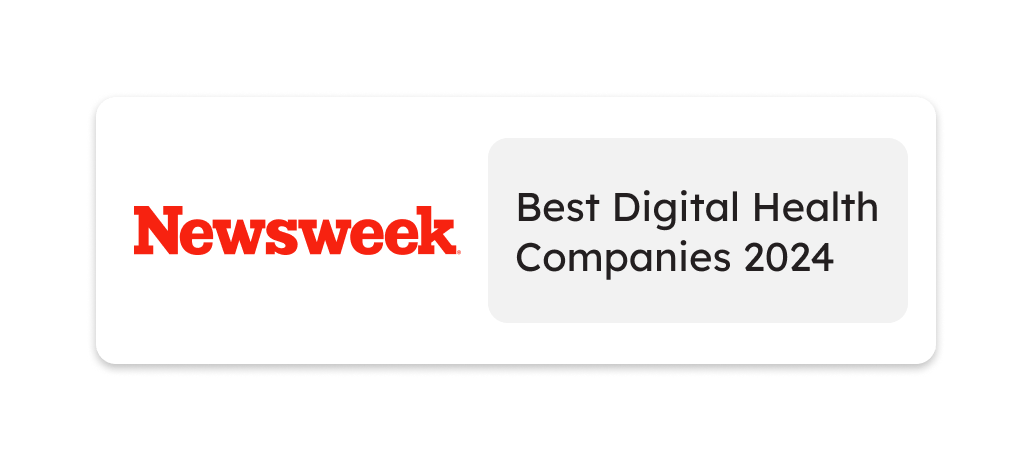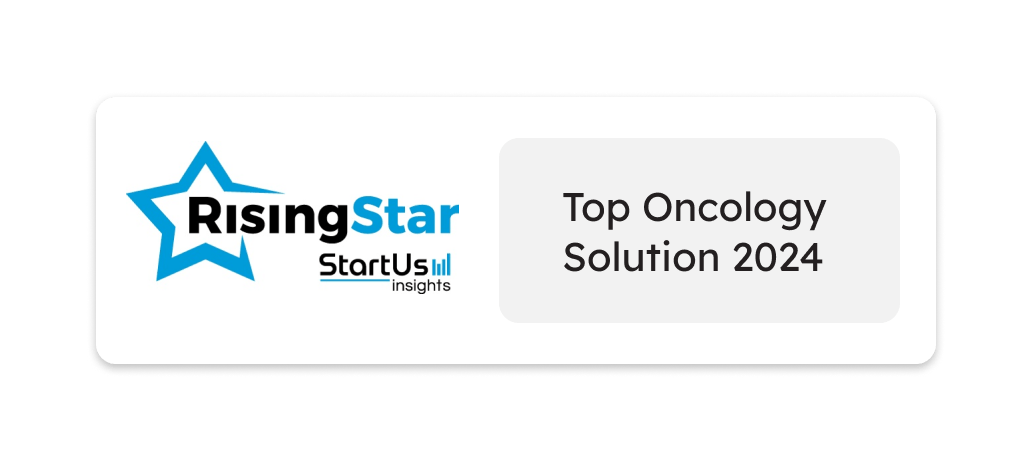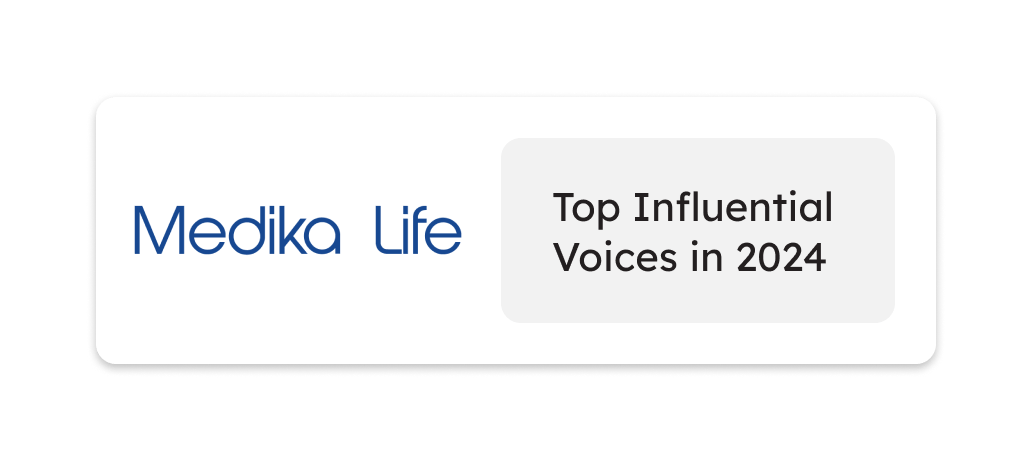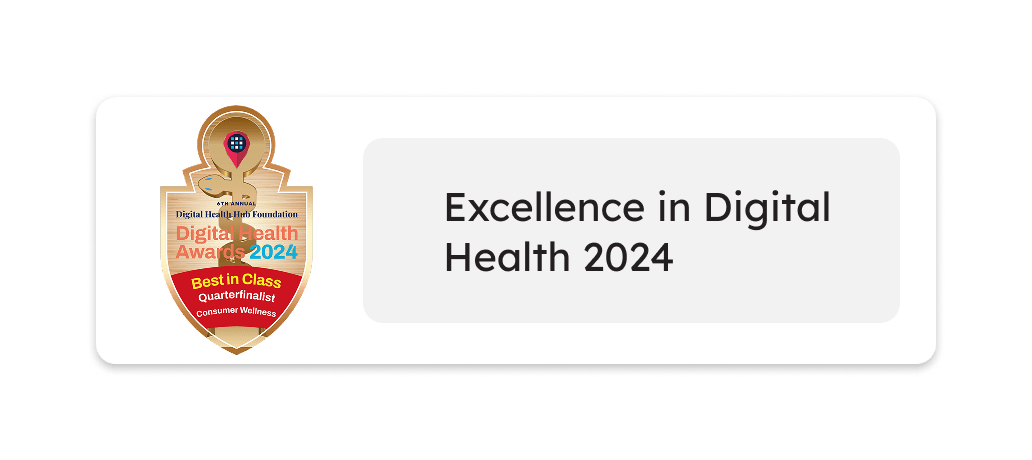Researched By Belong.Life with JGH and Presented by McGill University, 2019
This study was conducted by McGill University and the Jewish General Hospital in Toronto, Canada, using the Belong.life platform.
Authors: Saima Ahmed, Walter H. Gotlieb, Guy Erez , Carmen G. Loiselle
Introduction:
Enhanced population health is increasingly supported by e-health – defined as technological solutions used by individuals and institutions. When developing, implementing, and testing new technologies for patients, various stakeholders such as health care professionals, patients themselves, IT, and researchers play key roles.
Purpose:
To conduct a pilot implementation study to evaluate the value and benefit of a mobile application (app) called BELONG – the world’s largest social network for cancer patients and caregivers. BELONG includes interactive, professional, community, and peer online support features.
Sample & Procedures:
The study took place in the division of Gynecologic Oncology at the Segal Cancer Centre of the Jewish General Hospital, in Montreal, Quebec, Canada. Using mixed-methods, we sought to 1) assess the perspectives of health care professionals (n = 8), patient representatives (n = 3), and an experienced volunteer (N=12) on BELONG, 2) have patients (n = 25) provide feedback while waiting for their medical appointment, 3) bring together a separate sample of patients (n = 25) who used BELONG for 8 weeks and answered standardized questionnaires.
Measures:
Focus group 1: Discussions about BELONG layout, features, and functionality.
Focus group 2: Feedback on acceptability and usability. Items based on the Glasgow et al. (1999) Reach, Efficacy, Adoption, Implementation, and Maintenance (RE-AIM) framework. Initial impressions: Ratings (1 to 5) on usability and overall experience. Pilot testing: Questionnaires and user Mobile Application Rating Scale (uMARS).
Results:
Focus groups: Issues arose including potential misinformation and non-medical advice exchanged among peers – a more detailed disclaimer was added. Most healthcare providers saw tangible patient benefits, such as support and more engagement in healthcare. They also identified those under active treatment as most likely to benefit. Belong ratings (Figure 3): Content, usability and other features were rated high (4.36 to 4.5). The lower ratings for likelihood to use again was related to lack of familiarity with smartphone/technology. Pilot testing: 84% of patients agreed or strongly agreed that BELONG helped them feel less alone. 80% agreed or strongly agreed that the app helped them feel better prepared for medical consultations. The average uMARS score, a measure of engagement, functionality, aesthetics, and information, was 4.30/5 (0.61).
Conclusions:
Whereas Machine learning (ML) developments are increasingly integrated into healthcare, certain challenges remain (e.g., stakeholder-ship and “buy-in” can be scattered, the “black-box” in predicting certain outcomes, health care providers’ comfort with ML innovations). Findings herein underscore the importance of early involvement of multiple stakeholders and more explicit integration of ML principles to optimize relevance, clinical implementation, and uptake. These processes are essential to enact the full potential of any e-health solutions that truly enhance health outcomes for patients.
Fore more info: Implementation of a Person Centered e-Health Platform in Gynecological Cancer Care In JGH











